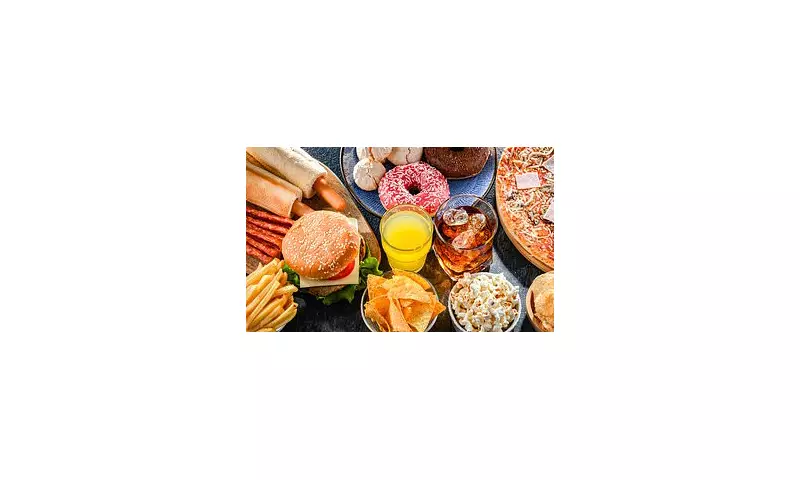
As a food and nutritional scientist who has dedicated years to studying ultra-processed foods, I'm here to deliver some surprising news: not all processed foods are the dietary villains they're made out to be. While headlines often paint them with the same broad brush, the reality is far more nuanced.
The Surprising Truth About Your Kitchen Cupboard
Many of us have been led to believe that anything packaged or processed should be immediately banished from our diets. However, this black-and-white thinking could actually be doing more harm than good. The key lies in understanding which processed foods serve a nutritional purpose and which are genuinely detrimental to our health.
The Good, The Bad, and The Processed
Some ultra-processed foods can actually be beneficial. Consider wholegrain breads, fortified cereals, and baked beans - these are all technically processed but provide essential nutrients and fibre that support our health. The problem arises when we consume foods that have been stripped of nutritional value and loaded with additives, sugar, and unhealthy fats.
Foods You Might Want to Rethink
- Sugary drinks and sodas: These offer empty calories with no nutritional benefit
- Mass-produced baked goods: Often high in trans fats and refined sugars
- Many ready meals: Typically contain excessive salt, sugar and preservatives
- Processed meats: Linked to various health concerns when consumed regularly
A Balanced Approach to Modern Eating
Rather than eliminating all processed foods, focus on making smarter choices. Look for options with higher fibre content, less added sugar, and recognizable ingredients. Remember that some processing can actually make healthy foods more accessible and convenient for busy lifestyles.
The goal isn't perfection but progression - gradually replacing the most harmful processed foods with better alternatives while recognizing that some processed foods can have a place in a balanced diet.
Making Smarter Food Choices in a Processed World
Understanding food labels is your first line of defence. Look beyond the marketing claims and examine the nutritional information and ingredient list. Shorter ingredient lists with familiar items are generally a good sign, while lengthy lists filled with chemical names might warrant caution.
Ultimately, the relationship with processed foods doesn't have to be all-or-nothing. By becoming more informed consumers and understanding which processed foods serve our health and which undermine it, we can navigate the modern food landscape with confidence and common sense.





